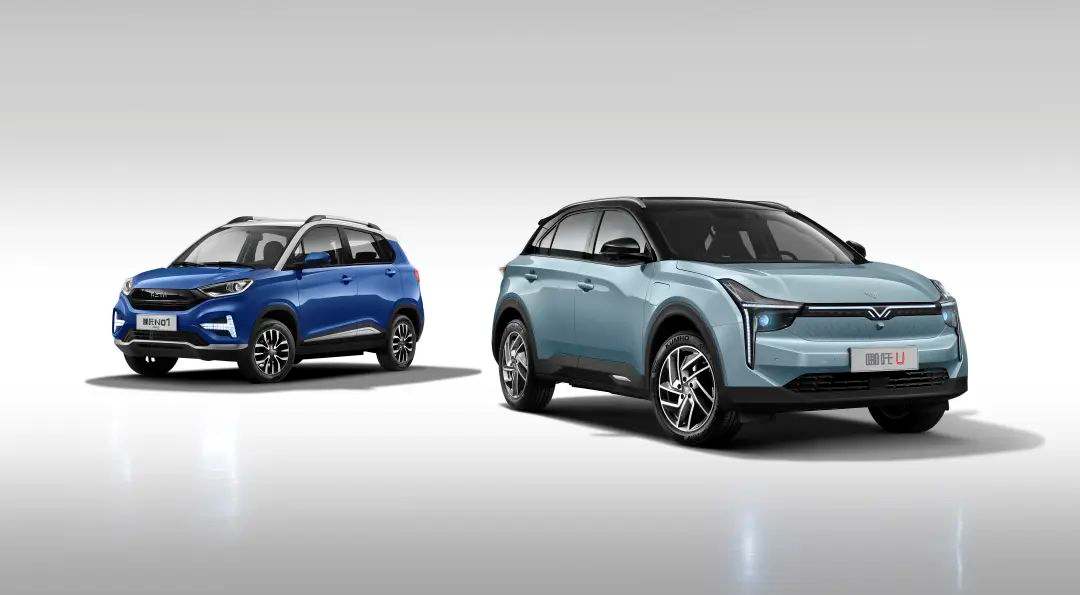Author: Liang Zhihao
Carmaking is a bottomless pit.
If you are not someone who frequently pays attention to new energy vehicles, or even someone who has a “dislike” attitude towards new energy vehicles, then you may not know that the current “new forces in carmaking” have already changed. In the past, we always mentioned names like “Wei Xiaoli”, “Xiao Weili”, and “Li Xiaowei”, but little did we know that their sales dominance had been broken.

In May, the top five domestic new energy carmakers were: Ideal (11,496 vehicles), NIO (11,009 vehicles), Xpeng (10,125 vehicles), Leapmotor (10,069 vehicles), and Li Auto (7,024 vehicles).
NIO, which was once only known by name, has now become the “head of new energy carmakers” in people’s mouths.
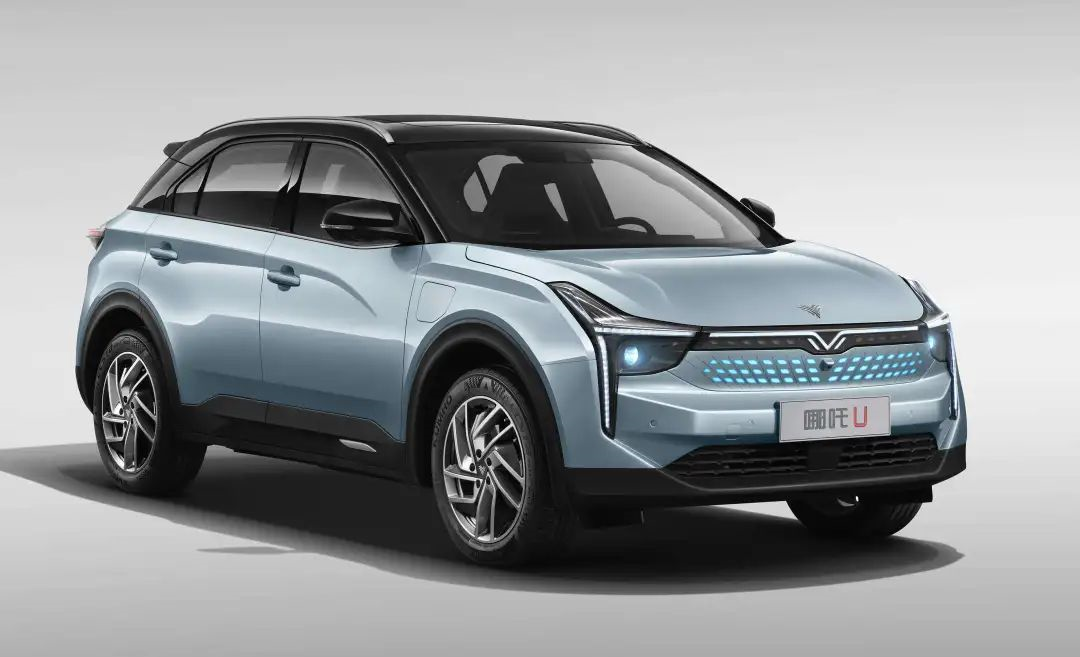
Major Shareholders Have to Sell Their Shares?
However, while NIO appears to be thriving, its second largest shareholder, 360, recently announced that it had decided to give up the following RMB 1 billion capital increase and sell part of its shares to other companies at a price of RMB 0 per share.

Around Shanghai auto show last year in May, 360 and NIO publicly announced their partnership, claiming to bring great changes to the industry. At that time, the domestic new carmaking forces were still in a three-horse race, with NIO, Xpeng, and Ideal already listed, and NIO’s annual sales volume at the time was only around 15,000, making it far from remarkable in terms of brand influence or market position among new carmakers.

However, 360’s entry into the carmaking industry came too late, and even among second-tier new carmaker brands, there were already few options available to them.
Regarding this, 360’s founder, Zhou Hongyi, was frank: “There are six carmaking companies whose sales volume exceeded 10,000 vehicles. Among them, NIO, Xpeng, and Ideal have already gone public, so my choices are limited. NIO is more like a startup team, and traditional car manufacturers might not need me, so I would also prefer to choose a startup company.”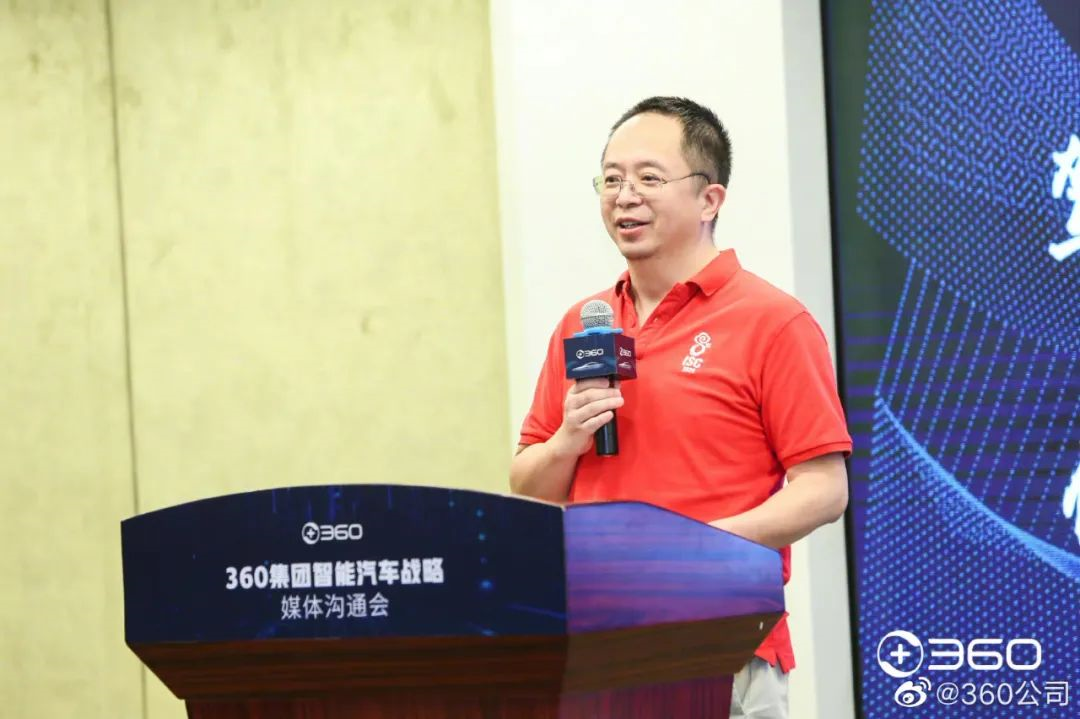
These two seemingly unrelated companies have thus become partners.
According to publicly available information, as the lead investor in NIO’s multiple rounds of financing, 360 was originally planning to invest ¥4 billion into NIO. Of this, ¥0.9 billion was invested in May last year, and it was planned to invest another ¥2 billion in December, and ultimately achieve a 16.594% stake.
However, for some reason, 360 only invested ¥1 billion in December of last year, and the remaining ¥1 billion has not been paid.

Recently, 360 announced that it will transfer its 3.532% stake in NIO (which was not actually invested) to Jiaxing Xinzhu Equity Investment Partnership Enterprise and Shenzhen Jingcheng Kaikuo Enterprise Management Center for ¥0.
In other words, 360 will give up the additional ¥1 billion in capital injection, and after the equity transfer, 360 will continue to hold 11.4266% of NIO’s shares.
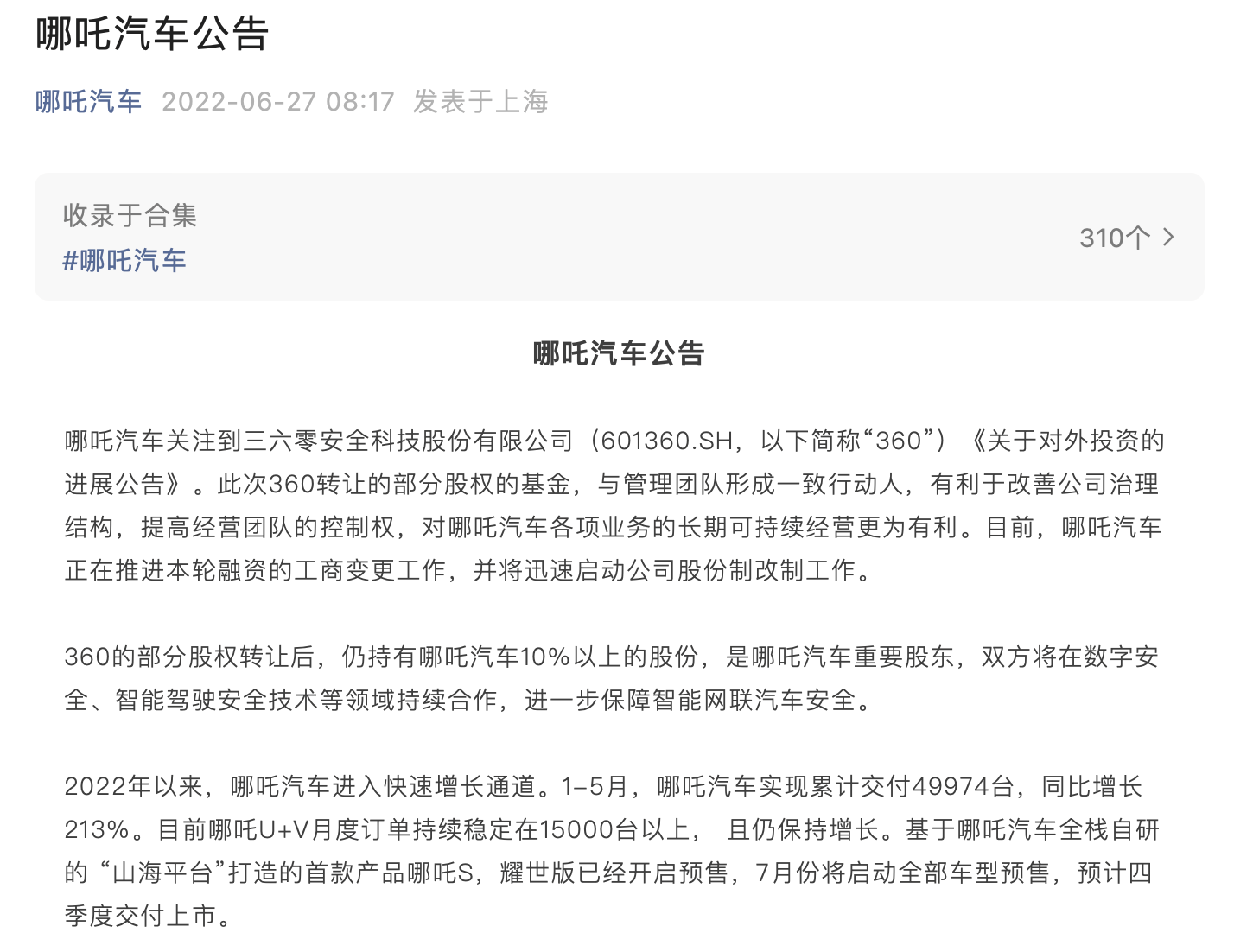
To dispel everyone’s confusion, NIO also issued a statement for the first time, stating that 360’s equity transfer is “favorable for improving the company’s governance structure and enhancing the control of its management team”.
At the same time, 360 still holds more than 10% of NIO’s shares and remains an important shareholder of NIO, and the two sides will continue to cooperate in the fields of digital security and intelligent driving safety technology.
Building a car is a “bottomless pit”
In fact, from the sales data and recent situation of NIO, it is difficult for us to say that 360’s investment in NIO is a wrong choice. However, the capital market is far from simple as we ordinary people imagine. Although NIO’s sales volume has shown explosive growth and it has gained a certain voice in the field of new energy, according to NIO’s disclosed revenue information, it is in the same state of constant losses as other new carmakers.
 In 2021, NIO Auto suffered a loss of 2.9 billion yuan despite having total assets of only 8.32 billion yuan! As an internet company, 360 cannot help but be shocked by this money-burning auto industry. Although NIO Auto’s current sales are still passable, its main products are in the entry-level market of around 100,000 yuan, and its greatest competitiveness lies in the cost-effectiveness of its low-end models. Even Zhou Hongyi himself has stated that NIO Auto will “make cars for the people” and will create new cars around the price of 100,000 yuan in the future. However, the profit margins for low-end electric vehicles are so small that it is not an easy task to turn losses into profits unless they can sell in large quantities like Wuling.
In 2021, NIO Auto suffered a loss of 2.9 billion yuan despite having total assets of only 8.32 billion yuan! As an internet company, 360 cannot help but be shocked by this money-burning auto industry. Although NIO Auto’s current sales are still passable, its main products are in the entry-level market of around 100,000 yuan, and its greatest competitiveness lies in the cost-effectiveness of its low-end models. Even Zhou Hongyi himself has stated that NIO Auto will “make cars for the people” and will create new cars around the price of 100,000 yuan in the future. However, the profit margins for low-end electric vehicles are so small that it is not an easy task to turn losses into profits unless they can sell in large quantities like Wuling.
Facing such a “bottomless pit” of making cars, 360 may also be retreating internally. After all, with the change of China’s internet trends, the gap between 360 and “BAT” has already widened. Nowadays, when people mention internet companies, Alibaba, Tencent, and Baidu are universally considered, and there are few who would recall 360. Furthermore, 360’s own profitability is not enough to support their continued spending on NIO Auto.
Embarrassingly, although 360 and NIO have repeatedly claimed to have a “close partnership” and to have made breakthroughs in automotive digital security and internet security, we have yet to see much of 360’s influence on NIO. Perhaps 360 thought that by entering into car manufacturing, they could promote their traditional business, but in the end, it seems that their role is merely to “dig deep into their pockets.”
Cross-border car manufacturing is not easy. “Cross-border car manufacturing” was the hottest topic in the automotive industry last year, in addition to 360, Xiaomi, Baidu, and Huawei have all entered the industry in different ways. Xiaomi, the most high-profile, announced that it will invest $10 billion over the next 10 years to produce smart electric vehicles, while Baidu and Huawei persist in providing solutions and partnering with different automakers for “indirect car manufacturing” in the autonomous driving field.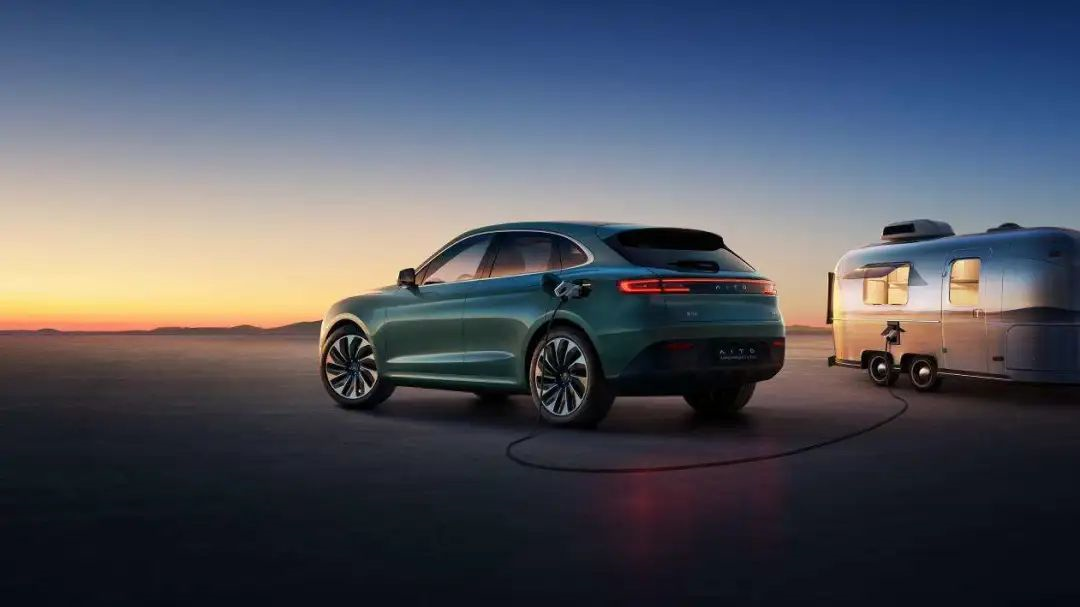
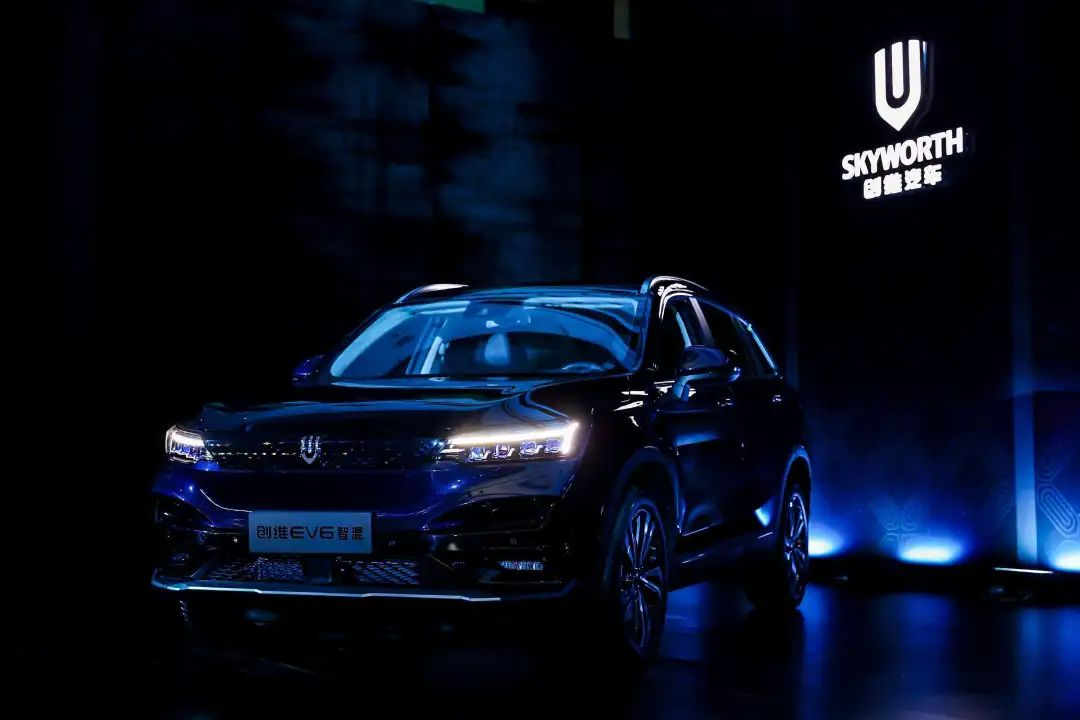
Even home appliance giants like Skyworth have announced last year that they will rename their subsidiary Tianmei Automobile to Skyworth Automobile. It’s not an exaggeration to say that if you don’t “create cars in a fancy way,” you’re not qualified to call yourself an industry leader.
However, unlike selling phones, computers, and TVs, creating cars is a heavy asset industry, and the risks and early investment are very large. Back in the day when China’s mobile internet started explosive growth, we also witnessed the “make phones for everyone” craze (360 was among them back then), but what about now? There are only a few mobile phone brands that can continue to stand firm in the market.

So, after the craze for new energy vehicles passes, which brands can still stand tall in the Chinese market? Will 360 and NETA be among them?
This article is a translation by ChatGPT of a Chinese report from 42HOW. If you have any questions about it, please email bd@42how.com.
